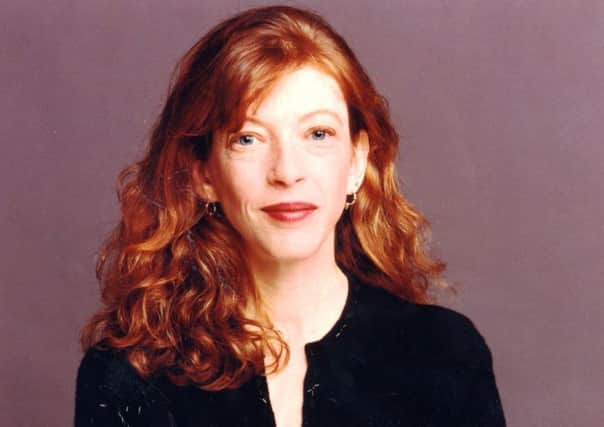Book review: The Library Book, by Susan Orlean


In part, this is a work of detection. One person, Harry Peak, an aspiring actor and constant fabulist, was arrested but never charged for the arson. But it is also a memoir of her relationship with libraries, and a kind of Studs Terkel-style piece of reportage as she interviews the staff of the Central, from the librarians to the technical staff to the security guards. It is also a history of that library, and is particularly good on the flamboyant, resilient, eccentric and almost fraudulent members of its staff over its lifetime. It also encompasses the emergence of Aids/HIV, the problems of homeless people using the library as – there is no other word – sanctuary, Chernobyl, and the nature of architectural zoning in the LA area. (I should say, in case this is all sounding a little worthy, it is very funny book).
It is an account that every bibliophile will need to read with a handkerchief. The extent of the damage was immense; even more interesting were the endeavours of the staff to preserve the books which, if not charred and turned to ashes, were now waterlogged. The then director managed to persuade local businesses in fish and vegetable supply to allow the books to be frozen for a temporary period to avoid mould developing. The temperature at the height of the fire topped 2,500 degrees. Amongst the losses were a Doré illustrated Don Quixote, a Shakespeare folio, a 1500s Palladio, five and a half million patent listings, a Coverdale Bible and 12,000 cookbooks.
Advertisement
Hide AdAdvertisement
Hide AdOne of the finest aspects of this book is the way in which Orlean stresses the social function of a library. It is not just a building stuffed with books. Librarians are not just librarians: they are social workers, nursery staff, administrators, computer experts and above all planners. The digital revolution made many question whether there was still a role for a building full of paper. This book eloquently and empathetically explains why there is, even though most libraries are adapting to the new online world. At the same time, the chapters on, for example, parking requirements for staff are almost surreal in terms of how the day-to-day and the ideal vision grate against each other.
One feature which is particularly intriguing is that each chapter begins with a number of books, their Dewey Decimal classification and how Orlean interweaves these references with the unfolding narrative. It is quirky, but it certainly works. It also foregrounds one of the book’s great themes. A library is an exercise in serendipity. You don’t know what is sitting next to the book you want to take out as you trail along the shelf. You most likely don’t know who the person sitting next to you is. A library is, in the best sense, a kind of plenitude.
But cored through the book is the mystery. Did a young, troubled, gay serial liar actually start the fire? The book is brave in being aware of its own ambiguity. Orlean interviews experts on how fires start, members of Peak’s family and former lovers, and unpicks the various contradictory stories he told – one of which, and I kid you not – involves wart treatment from members of the American Orthodox Church. The overwhelming feeling is one of desperate melancholy and surreptitious anger. There is a strange kindness in all this, and Orlean’s own vacillations about conclusions make it all the more intriguing.
As part of investigating the destruction of the LA Central, Orlean also looks at other libricides over the years; naturally, the Library of Alexandria, but also the targeting of libraries during wars in the last century. It is a minatory litany. During the Second World War, I learned, 80 per cent of all the books in Germany were destroyed. Some 750,000 books were destroyed in Darmstadt, more than million in Frankfurt, two million in Berlin. In Kiev, meanwhile, four million books were burned by Nazi troops who were using encyclopaedias to gain traction on frozen ground.
For all the horror here, there is still joy. Orlean’s recollections of what it felt like to go into a library as a child are done with true grace. She also emphasises that this was something that was free and therefore miraculous – although it does need to be subsidised by government. The shameful behaviour in this country over closing libraries, or worse, turning them into “community hubs” which will often deter the most needy from getting solace, education and even shelter, is a national disgrace.
I can’t recommend this book highly enough. It manages to be deft and serious at the same time, elegiac and optimistic, scrupulous and free-wheeling. I would say you should request it from your local library, but instead, just buy it. - Stuart Kelly
The Library Book, by Susan Orlean, Atlantic Books, £20